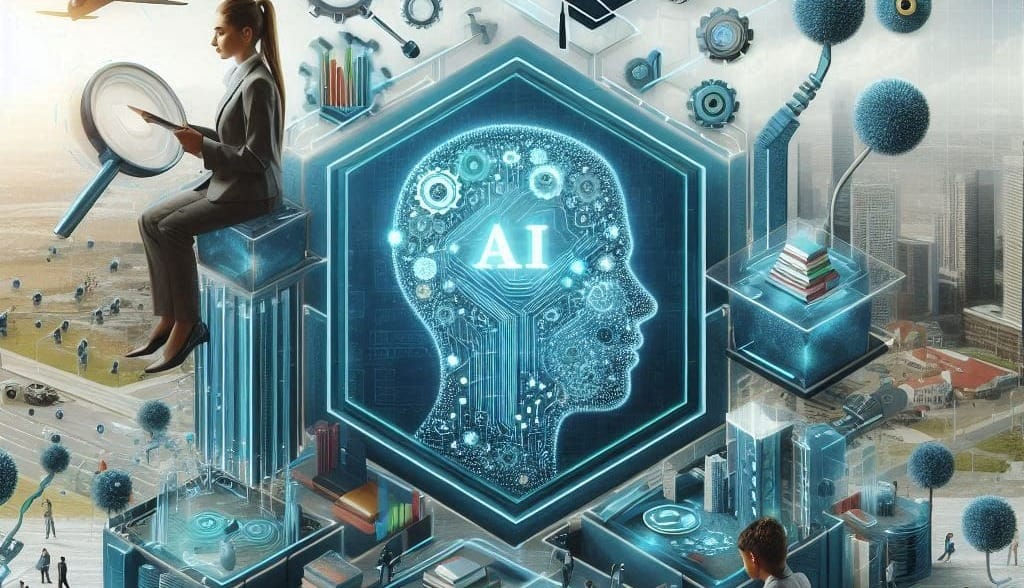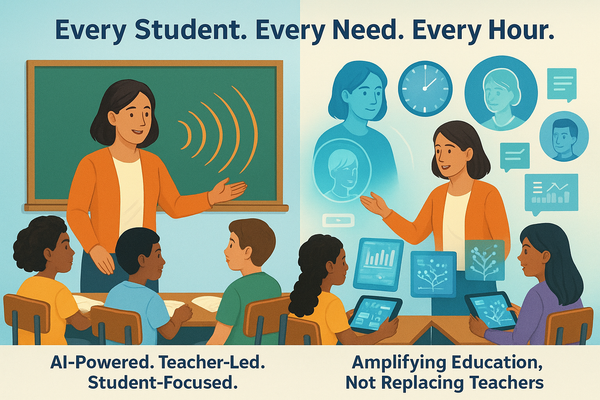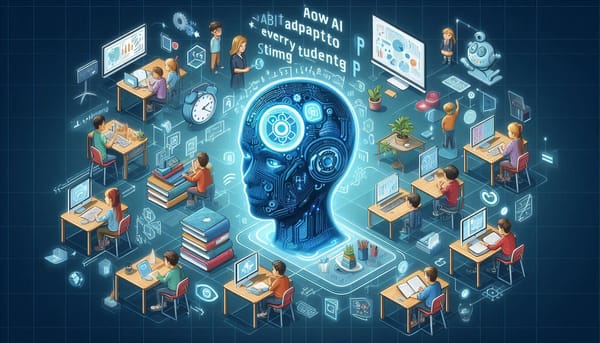The Transformative Role of AI in Education: Opportunities, Challenges, and Future Prospects

Artificial Intelligence (AI) is revolutionizing various sectors, and education is no exception. Its integration into educational settings is reshaping traditional teaching methodologies, personalizing learning experiences, and streamlining administrative tasks. AI encompasses tools and systems designed to enhance teaching and learning processes through automation and data-driven insights. The role of AI in education is far reaching. From personalized learning to automated administrative tasks, AI has significant impact on reducing the burden on teachers as well as advancing student learning.
The adoption of AI in education has seen significant growth in recent years. A survey conducted in mid-2024 revealed that 86% of students globally are using AI tools in their studies, with 24% utilizing them daily. Furthermore, 42% of educators reported that AI reduced the time spent on administrative tasks, and 25% noted its benefits in personalizing learning experiences.
Despite these advancements, opinions on AI's role in education are mixed. A Pew Research Center survey found that 25% of public K-12 teachers believe AI tools do more harm than good in education, while 32% see an equal mix of benefits and drawbacks.
Looking ahead, AI is poised to further transform education by making learning more self-paced, responsive, and personalized. Experts predict that AI will play a crucial role in developing adaptive learning systems that cater to the unique needs of each student. Additionally, the global market for AI in education is projected to reach $20 billion by 2027, indicating substantial investment and growth in this sector.
However, the integration of AI also presents challenges, including ethical considerations, data privacy concerns, and the need for teacher training. Addressing these issues is essential to harness AI's full potential in enhancing educational outcomes.
AI's significance in education lies in its ability to personalize learning, automate administrative tasks, and provide intelligent support systems. While its current applications have already begun to reshape the educational landscape, the future promises even more profound transformations. By proactively addressing associated challenges, educators and policymakers can ensure that AI serves as a powerful tool to enrich teaching and learning experiences for all.



